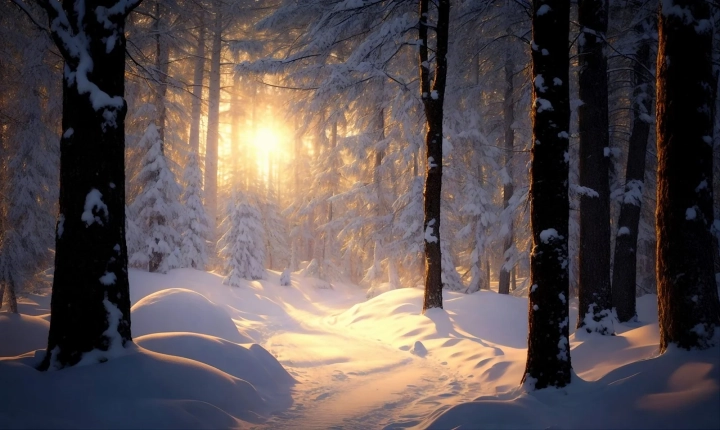AI has come a long way in recent years, demonstrating its ability to perform a wide range of tasks previously thought to be exclusive to human intelligence. From driving cars to assisting in medical diagnoses, AI has proven itself to be a powerful tool in various fields. However, one area where the capabilities of AI are increasingly being explored is in the realm of creative pursuits, particularly in the field of poetry.
The idea of AI creating poetry may sound strange to some, as poetry has long been considered a unique expression of human emotion and creativity. However, advancements in natural language processing and machine learning have enabled AI to analyze and generate poetic language in a way that is strikingly similar to human-written poetry.
One of the primary ways that AI can write poetry is through the use of generative models that are trained on large datasets of poetry. These models learn to mimic the style, tone, and structure of human poetry, producing verses that can be remarkably convincing. By analyzing patterns of language and recurring themes in poetry, these AI systems are capable of producing original poems that can rival the work of human poets.
In fact, there have been numerous instances where AI-generated poetry has been mistaken for the work of a human poet. This ability of AI to closely emulate human creativity raises interesting questions about the nature of art and the boundaries between human and machine-generated content.
However, the rise of AI-generated poetry has also sparked debates about the authenticity and originality of machine-generated art. Can a poem created by an AI truly be considered a work of art, or is it simply a replication of human creativity? Some argue that AI lacks the capacity for genuine emotion and experience, making its output fundamentally different from human poetry. On the other hand, proponents of AI-generated poetry see it as a new form of artistic expression, one that blurs the lines between human and machine creativity.
Furthermore, AI-generated poetry has the potential to inspire new perspectives and approaches to poetry. By analyzing vast amounts of existing poetry and experimenting with language in novel ways, AI can offer fresh and unexpected insights into the art form. AI-generated poetry may also serve as a source of inspiration for human poets, sparking new ideas and styles that push the boundaries of traditional poetic expression.
In conclusion, the question of whether AI can write poetry is no longer a theoretical debate. With advancements in machine learning and natural language processing, AI has demonstrated a remarkable capacity to create poetry that is indistinguishable from human-written verse. While this raises important questions about the nature of creativity and art, it also presents exciting opportunities for the evolution of poetry as an art form. As AI continues to develop and innovate, its impact on the world of poetry is likely to be increasingly profound.
